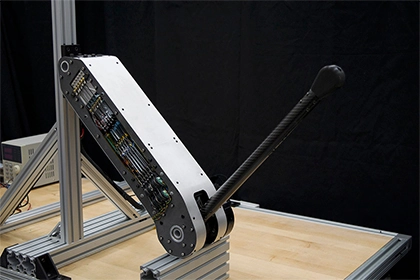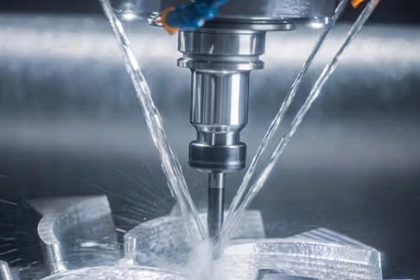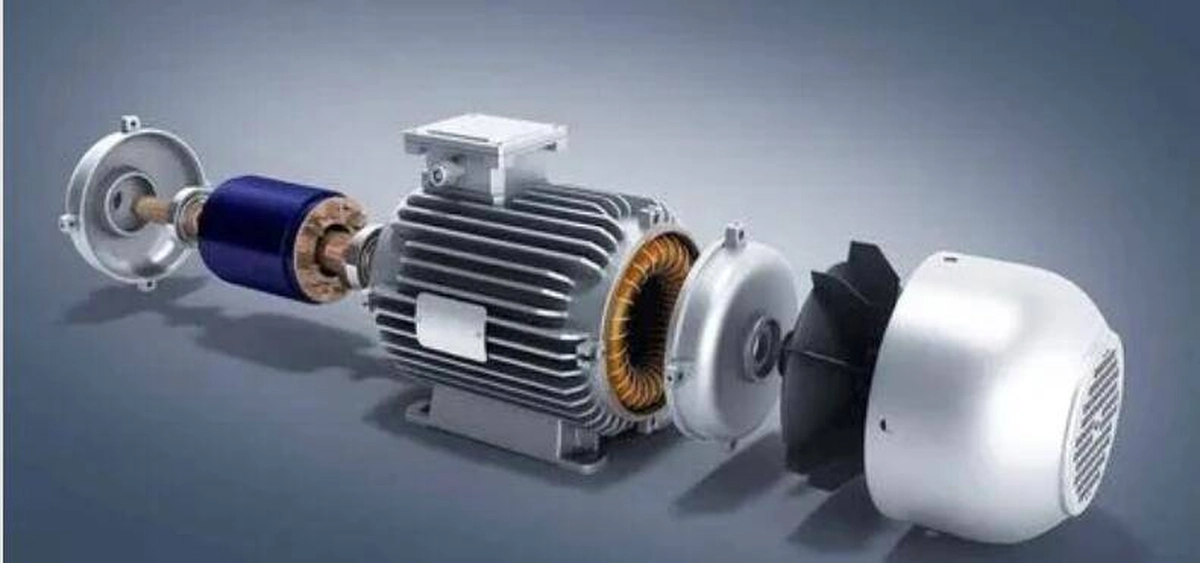- +86 19149417743
- Zhengzhou, Henan Province, China
- Mon-fri: 8am - 7pm
Get a quote

Electric motors are a fundamental component of our modern world, powering everything from household appliances to industrial machinery. At the heart of their operation is the conversion of electrical energy into mechanical energy, achieved through the interaction of magnetic fields. However, there is often confusion regarding whether electric motors run on AC (alternating current) or DC (direct current). In this article, we will explore the different types of electric motors and their operating characteristics, shedding light on whether they primarily run on AC or DC power.
Actually, electric motors can be designed to operate on both AC and DC power. However, there are some key differences between the two that influence their use in different applications.
Before addressing the question of whether electric motors run on AC or DC, let's briefly delve into the two main types of electric motors:

AC motors are designed to run on alternating current, where the direction of current flow periodically changes. The most common types of AC motors include induction motors and synchronous motors.
DC motors, as the name suggests, are designed to run on direct current, where the current flows in one direction continuously. The primary types of DC motors include brushed DC motors and brushless DC motors.
The two main sources of power, alternating current (AC) and direct current (DC), are complemented by two types of electric motors that differ in operation and efficiency. DC motors, which utilize direct current, are generally more efficient than AC motors. This is because they don't have the energy loss associated with converting between AC and DC. However, DC motors require a more complex power supply and control system compared to AC motors.
On the other hand, AC motors are more versatile and easier to control. They can be powered directly from the grid, making them a popular choice for many applications. Additionally, AC motors are generally less expensive to manufacture than DC motors.
The choice between an AC and DC motor depends on the specific requirements of the application.
For applications that demand high efficiency and precise speed control, DC motors are often the better choice. Industries like transportation (trains, subways) and robotics heavily rely on DC motors.
Conversely, for most other applications where cost and simplicity are important factors, AC motors are the preferred choice. They are widely used in household appliances, pumps, fans, and ventilation systems.
While electric motors can be designed to operate on both AC and DC power, it's important to note that DC motors cannot simply be connected to an AC power source. If you directly attempt to operate a DC motor with an AC power supply, it may result in poor motor performance and, in severe cases, even damage to the motor.
While both AC and DC motors have their advantages and uses, understanding the differences between the two is key to selecting the appropriate motor for any given application. By considering factors such as efficiency, cost, and control requirements, you can choose the motor that best meets the needs of the system.
 2024-08-30 16:01:40
Engineering
2024-08-30 16:01:40
Engineering
 2024-07-26 14:09:13
Engineering
2024-07-26 14:09:13
Engineering
 2024-07-18 09:42:00
Engineering
2024-07-18 09:42:00
Engineering